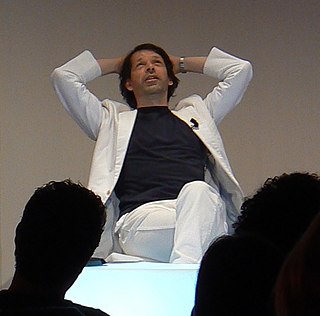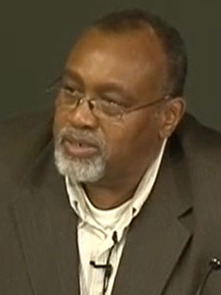A Quote by David R. Brower
Is the minor convenience of allowing the present generation the luxury of doubling its energy consumption every 10 years worth the major hazard of exposing the next 20,000 generations to this lethal waste?
Related Quotes
If you have a horse that can beat horses worth $20,000, typically you enter it in a $20,000 claiming race. Now there might be people who feel their horse is worth $20,000, and they say, 'I wouldn't mind seeing the horse get beat.' So they'll enter it for $40,000 so the horse looks like it's performed badly.
Small acts can drive reforms. What appears minor can actually be vital and fundamental. Generating 20,000 MW of power attracts a lot of attention. That is important. At the same time, 20,000 MW of power can be saved through a people's movement for energy efficiency. The second is more difficult but is as important as the first. Small indeed, is beautiful.
A reporter called on Edison to interview him about a substitute for lead in the manufacture of storage batteries that the scientist was seeking. Edison informed the man that he had made 20,000 experiments but none had worked. "Aren't you discouraged by all this waste of effort?" the reporter asked. Edison: "Waste! There's nothing wasted. I have discovered 20,000 things that won't work."
Developed and benefited from the unsustainable patterns of production and consumption which have produced our present dilemma. It is clear that current lifestyles and consumption patterns of the affluent middle class-involving high meat intake, consumption of large amounts of frozen and convenience foods, use of fossil fuels, appliances, home and work-place air-conditioning, and suburban housing-are not sustainable. A shift is necessary toward lifestyles less geared to environmentally damaging consumption patterns.
You can put a person in jail for 5 years, for 10 years, or 20 years, for the same crime. We're deciding on 10 years to 20 years, when 5 years would be enough. Okay. The deterrent value, the additional amount of leverage that you get over a criminal to keep them from breaking the law in the first place, associated with making the sentences longer, is de minimous; it's essentially nothing.






































